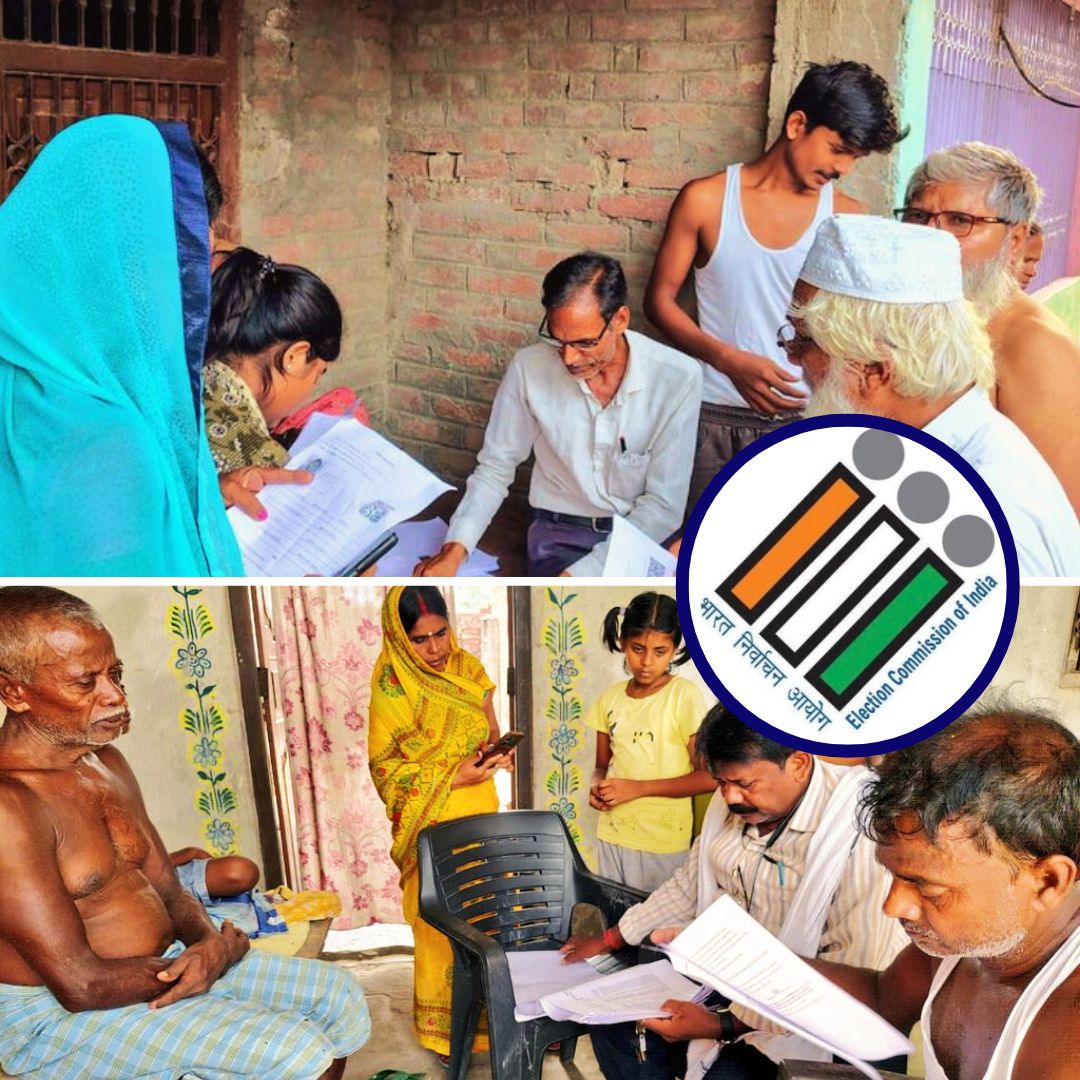The Election Commission of India (ECI) has firmly defended its ongoing Special Intensive Revision (SIR) of electoral rolls in Bihar before the Supreme Court, maintaining that documents such as Aadhaar cards, voter identity cards (EPIC), or ration cards cannot serve as conclusive proof of citizenship required for voter eligibility. The ECI asserted its constitutional authority to demand credible evidence of citizenship, like passports or domicile certificates, to uphold the integrity of the electoral process.
This stance comes amid rising concerns from political parties and civil rights groups alleging that the revision’s timing and document requirements risk disenfranchising genuine voters, especially from marginalised communities. While the Court has allowed the revision to proceed, it has emphasised transparency, fairness, and heightened scrutiny to balance the need for electoral accuracy with protecting fundamental voting rights.
ECI’s Position on Voter Eligibility and Documentation
The Election Commission’s affidavit, filed in the Supreme Court on July 21, 2025, reiterates its responsibility to maintain clean and credible electoral rolls prior to Bihar’s forthcoming Assembly elections. The ECI underscored that widely held documents such as Aadhaar, EPIC, and ration cards, though useful for identity verification, do not establish citizenship and hence cannot be solely relied upon for voter inclusion. Instead, the Commission requires valid proof of citizenship such as passports, domicile certificates, or other statutory documents.
Officials explained that the Special Intensive Revision is a house-to-house verification meant to identify and remove fictitious or ineligible entries and include genuine eligible voters by September 30, 2025. The ECI assured adherence to procedural fairness, stating that all eligible residents who submit proper documentation will be added to the updated rolls, and safeguards are in place to prevent exclusions.
The Chief Electoral Officer, Bihar, has also made various forms available for download to facilitate communication and transparency for citizens. The commission also vehemently denied allegations of voter list tampering, labelling them as unfounded and politically motivated.
Context: Legal Challenges and the Debate over Inclusion versus Purity
The ongoing SIR in Bihar has triggered widespread debate and legal challenges. Certain political parties, human rights organisations, and community leaders have filed petitions claiming the exercise is exclusionary, likely to disenfranchise voters lacking complex documentation — a concern particularly relevant for economically weaker sections, minorities, women, and historically disadvantaged groups such as Dalits and Extremely Backward Classes (EBCs). With over 90% of Bihar’s population holding Aadhaar cards, petitioners argue that rejecting Aadhaar as adequate proof could arbitrarily bar legitimate voters.
The Supreme Court has allowed the revision to continue but urged the ECI to consider flexibility and transparency, highlighting the need to uphold the constitutional right to vote while ensuring free and fair elections. As Bihar prepares for state assembly elections later this year, the matter underscores the crucial challenge of balancing electoral roll accuracy with inclusive democratic participation.
The Logical Indian’s Perspective
Ensuring the accuracy and integrity of electoral rolls is fundamental to a healthy democracy; however, this objective must never come at the cost of disenfranchising eligible voters. The Logical Indian hopes that in revising electoral rolls, the Election Commission will exercise sensitivity and inclusiveness, especially toward marginalised and vulnerable populations who may face administrative hurdles in producing prescribed documentation. While combating electoral fraud is vital, processes must be transparent, accessible, and empathetic to avoid alienating genuine voters.
Constructive dialogue among election officials, the judiciary, civil society, and policymakers will be key to achieving an equilibrium that honours both the sanctity of the vote and the right to vote. As Bihar’s elections approach, it is imperative that all steps taken reinforce democratic values of fairness, inclusion, and trust, ensuring every citizen’s voice is heard without compromising electoral integrity.












